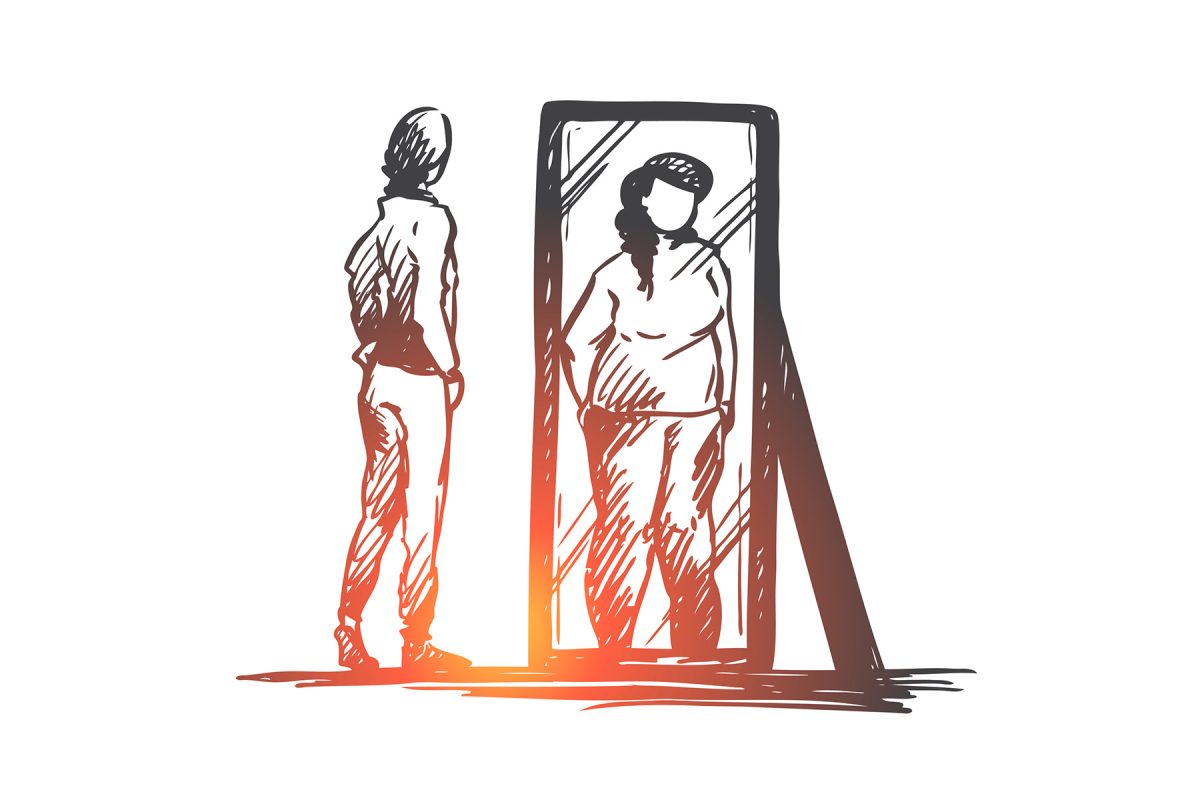
Source: https://miro.medium.com/v2/resize:fit:1280/format:webp/1*HW2EEFGfTp8hRJ42GKZptg.jpeg
A handful of chips goes into your mouth. Before you can swallow the food in your mouth, you send another handful in like a machine. Your brain has stopped sending the signal of wanting food. You wonder why you are eating again, even though you are no longer hungry. You sink into frustration. At times, you feel out of control. You cannot even remember eating. This is how you might feel if you have binge-eating disorder.
Eating disorders are mental health disorders that include abnormal eating, whether it’s eating too much or too little; anorexia nervosa; bulimia nervosa; binge eating disorder; and more. Though categorized under mental health, eating disorders often harm individuals’ physical health as well. Eating disorders affect up to 5% of the population and are mostly prevalent among adolescents and young adults. They can occur along with other mental illnesses, such as anxiety and depression. Evidence shows that some risk of eating disorders might be inherited, but individuals with no family history can also be affected.
If you feel as if you have a troubled relationship with food, it is important to reach out for help and to know you are not alone. Here are some resources for you to contact:
-Tabor Counselors: Miranda Laperle and Pam Nadeau:
[email protected]
-Tabor Health Center:
508-291-8306 (always open when school is in session)
-ANAD Helpline:
888-375-7767. Monday–Friday, 9 am–9 pm CT.
-National Alliance for Eating Disorders Helpline
866-662-1235. Monday–Friday, 9 am–7 pm ET